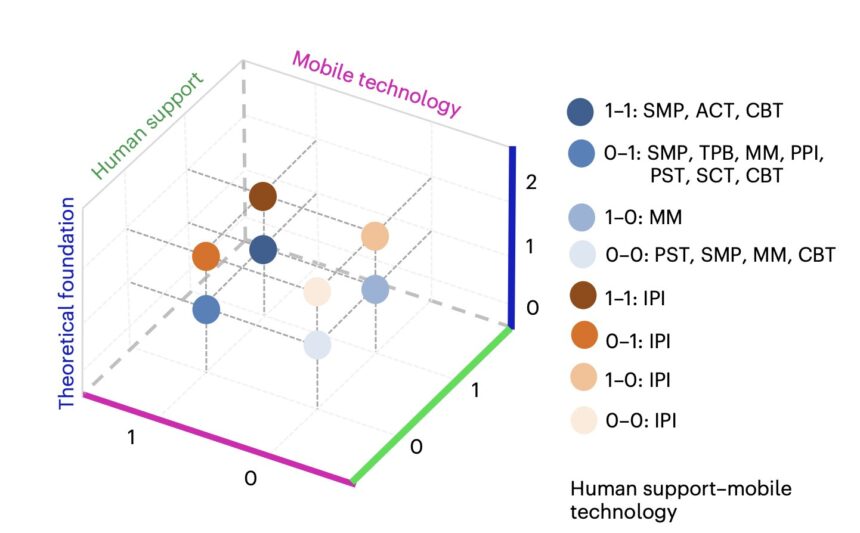The rise in stress levels experienced by individuals worldwide, especially those living in urban areas, has led to the development of various technological tools aimed at improving mental health and providing stress relief. Smartphone applications designed to reduce rumination, foster presence, and facilitate positive lifestyle changes for stress reduction have gained popularity due to their accessibility and affordability compared to traditional psychotherapy.
Despite the widespread use of these stress-relief apps, their effectiveness in reducing stress and enhancing quality of life remains unclear. Past studies have primarily focused on individual apps rather than comparing a wide range of applications. To address this gap, researchers from Peking University conducted a review study and meta-analysis of existing literature on mobile applications for stress management, published in Nature Human Behaviour.
The study reviewed a large number of research papers from reputable scientific databases, analyzing randomized controlled trials on self-administered psychological interventions for stress reduction in healthy or subhealthy adults. After assessing the quality of 63 included studies with over 20,000 participants, the researchers utilized Bayesian statistical techniques to compare the efficacy of different mobile applications and identify factors influencing their effectiveness.
The findings highlighted stress management programs, problem-solving therapy, and mindfulness meditation as the most effective mobile interventions for stress relief. Interestingly, the study did not find conclusive evidence that human support or mobile technology significantly enhanced intervention outcomes. However, the results underscored the potential of these apps in reducing stress, particularly for individuals who cannot access traditional mental health services.
The study’s results could pave the way for the development of new mobile applications focused on enhancing well-being and stress management. By incorporating features based on the most effective stress-relief practices identified in the study, existing applications could be optimized to better meet users’ needs. Overall, this research provides valuable insights into the efficacy of mobile interventions for stress management, offering a promising avenue for improving mental health outcomes in the digital age.








